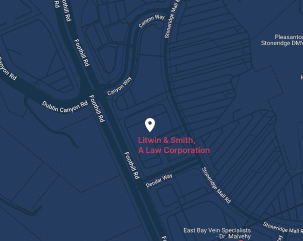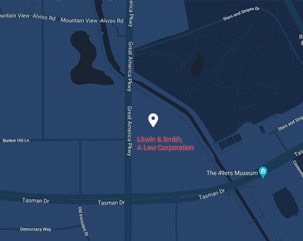Applying for a U.S. green card is a complex process, particularly for people from countries like China or India. Federal limits on the number of green cards issued each year and caps on per-country issuances can make it particularly difficult for people from countries with large populations to receive consideration.
However, the rules of chargeability and cross-chargeability may provide some applicants with unexpected alternatives when pursuing a permanent visa. Understanding how these rules work may improve your chances of successfully applying for your visa.
What Is Chargeability?
Chargeability is how USCIS determines which quota a given green card application may fall under. A wide variety of quotas may apply to a given applicant, depending on their eligibility classification and nationality.
For example, in fiscal year 2024, the Diversity Visa (DV) program will award just 55,000 visas total to immigrants from countries with historically low levels of immigration to the U.S. In addition, the program has a per-country limit of 7% of the total number. This means that, at most, 3850 people from a given country will be issued visas through the DV program.
The chargeability rule is used to determine whether someone falls under the quota for one country or another. The basic rule is simple: a person is usually charged against the quote for the country in which they were born. This is often, but not always, the same as their current country of residence or citizenship.
Consider Meiling, a hypothetical green card applicant. She was born in China but emigrated to Japan and has citizenship there. She would be charged against China’s quota, not Japan’s. In contrast, Dev, a child born in Japan to Indian parents, would be counted against Japan’s quota regardless of whether he also holds Indian citizenship.
How Chargeability Affects Green Card Applicants
This concept of chargeability can completely reshape a potential immigrant’s experience when applying for a green card. The 7% rule applies to almost all green card applicants, regardless of how many people apply. This means that high-population countries like China and India face the same limits on green cards as low-population countries like Japan or Norway.
The number of applicants from these high-population countries frequently exceeds the total number of permanent visas available. As such, USCIS performs lotteries to determine which hopeful registrants will have the opportunity to apply. This can leave even qualified, educated applicants hoping to emigrate based on their job experience facing steep odds regarding acceptance. However, for some lucky applicants, the concept of cross-chargeability may work in their favor.
Cross-Chargeability, Spouses, and Children
While the concept of chargeability has few exceptions, cross-chargeability should not be ignored. If a green card applicant is married to someone born in a different country, they may be charged against their spouse’s country’s quota instead of their own. For example, if Meiling and Dev get married, Meiling’s application could be “cross-charged” against Japan’s quota instead of China’s. This can significantly reduce the risk that her application is subject to a lottery.
However, there is a caveat to this concept. If Meiling’s employment skills are the grounds for their application, both spouses’ applications must be paired together for this to work. If Meiling applies for a visa and Dev does not, she cannot take advantage of his country of birth. By filing I-485 forms at the same time, Dev and Meiling are both considered principal applicants instead of either person being considered a dependent applicant. Meiling’s skills confer immigration status, while Dev’s provides the favorable country of chargeability.
Minor children can also benefit from this rule. Dev and Meiling’s children can be cross-charged to either parents’ country of birth or their own. Parents cannot be cross-charged to their children’s country of birth. Furthermore, if children are born in a country where their parents do not live, they can be charged against either parent’s country of birth. For instance, if Meiling and Dev have a child while on vacation in Canada, they can petition on behalf of the child to have them charged against Japan’s quota when the family wants to immigrate
Consult Litwin & Smith Regarding Chargeability Rules and Exceptions
Chargeability and cross-chargeability are crucial concepts for anyone hoping to immigrate to the U.S. If you are preparing to apply for a green card or another visa, you must understand how these rules apply to your unique situation. Do not hesitate to consult the expert immigration attorneys at Litwin & Smith. Call our U.S. immigration law firm today at 650-648-6580 to discuss your case and learn more about how we can assist with questions of chargeability.

